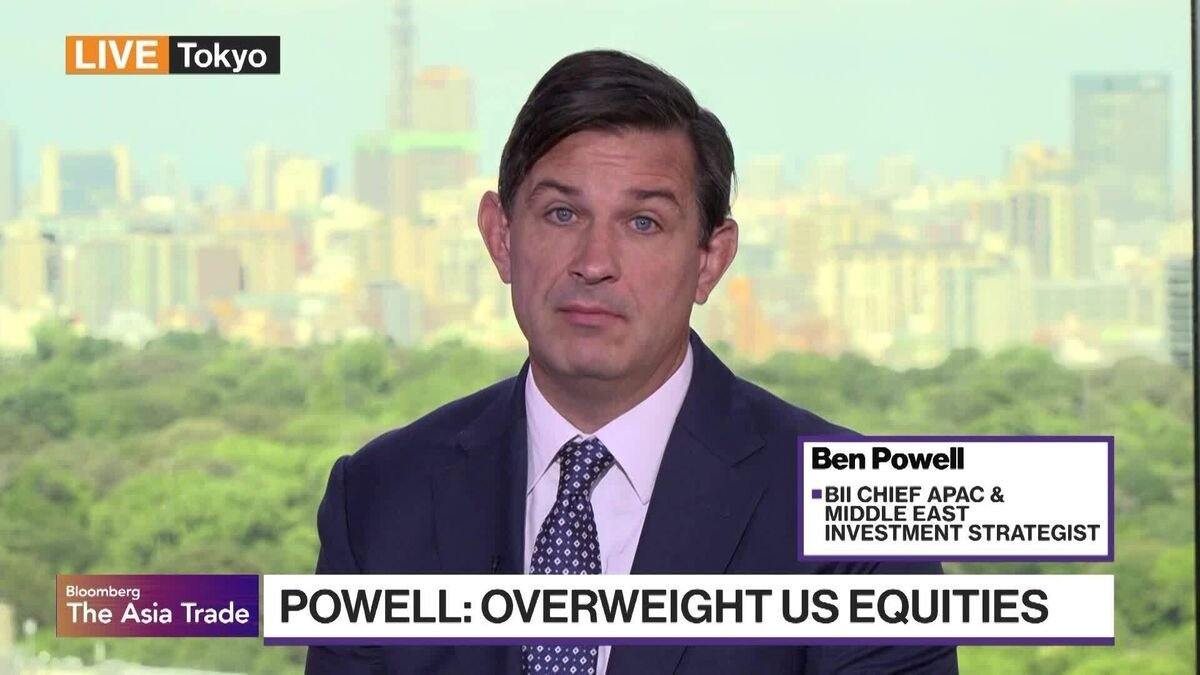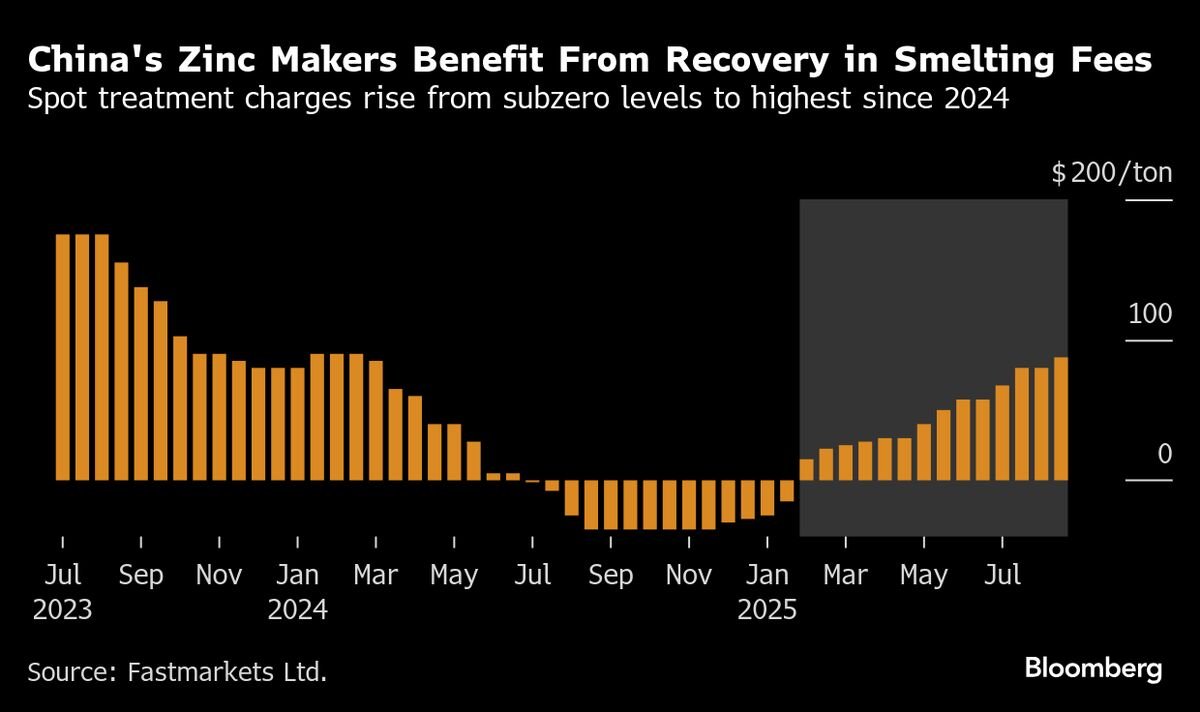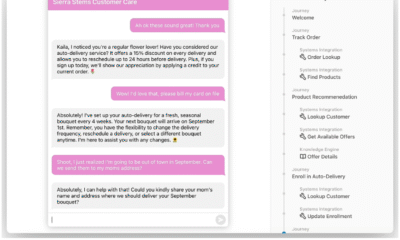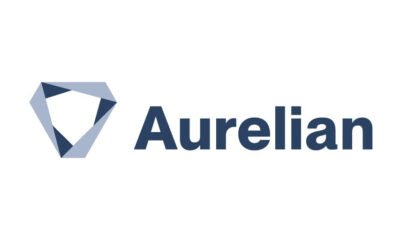Funding & Business
Sanas taps AI to change call center workers’ accents in real time

The demand for voice and speech recognition technologies is massive — and growing. An analysis by market research firm Markets and Markets found that the sector could be worth over $28.1 billion by 2027.
There’s no shortage of vendors providing voice and speech recognition solutions, but some newer upstarts have managed to carve out niches. Sanas is a good example. Founded in 2020, the company develops software that uses AI to adjust a speaker’s accent in real time.
“At Sanas, we believe that while technology is transforming the industry, it shouldn’t replace human connection, but rather, enhance it,” Sharath Keshava Narayana, Sanas’ co-founder and president, told TechCrunch. “With the number of customer interactions continuing to scale globally, the need for human-to-human communication remains critical.”
Maxim Serebryakov launched Sanas with Shawn Zhang and Andrés Soderi while in college. The trio was inspired by a fellow student’s frustrating experience working in a call center.
“Max and Shawn’s friend, Raul, who had to return to Nicaragua to support his family, faced accent discrimination at his call center job,” Narayana said. “His experience with ‘accent neutralization training’ and the toll it took on him inspired Max and Shawn to build a solution to reduce accent bias.”
In 2021, Narayana, who previously co-founded call center startup Observe.ai, joined Sanas, and the company secured its first tranche of funding.
Sanas’ technology analyzes speech and outputs converted speech that matches a specified accent. The company claims it is able to preserve the original speaker’s emotion and “identity” while minimizing reverb, echo, and noise.
“What sets Sanas apart is the company’s patented AI technologies, which recognize phonetic patterns and adjust them instantly while keeping the speaker’s unique identity intact,” Narayana said. “Sanas’s AI models are trained with over 50 million utterances of speech using datasets collected from our technology partners and in-house voice actors.”
Recently, Sanas purchased certain technologies from InTone, a competitor, which Narayana said “strengthens Sanas’ IP portfolio” and positions the startup to serve a wider customer base.
Today, Sanas has around 50 customers in such industries as healthcare, logistics, and hardware manufacturing. Narayana said that the company’s annual recurring revenue has reached $21 million, up $3 million from last year.
Sanas is in a bit of a controversial business. Some research suggests that exposure to different accents in fact helps to combat bias. As technologists told The Guardian in a 2022 profile of the startup, Sanas’ solutions run the risk of homogenizing workers across call centers.
Narayana pushed back against this notion.
“What makes Sanas special is not just the technology, but its deeply human mission to break barriers, reduce discrimination, and amplify voices across the globe,” he said. “Together with my co-founders, we’re building a world where communication is a bridge — not a barrier.”
The mixed optics don’t appear to have impacted Sanas’ ability to raise cash. This week, Sanas announced that it closed a $65 million funding round that values the company at over $500 million. Quadrille Capital and Teleperformance led the round, which also had participation from Insight Partners, Quiet Capital, Alorica, and DN Capital.
Having raised over $100 million in capital to date, Sanas plans to build new “speech-to-speech” algorithms, expand to new regions, and “explore opportunities across industries such as healthcare, retail, and
beyond,” Narayana said.
“With a clear focus on scaling responsibly and innovating continuously, Sanas is well-prepared to weather potential headwinds,” he continued.
Sanas also intends to grow its roughly 150-person team, Narayana added, and open a new office in the Philippines, a country home to millions of contact centers.
Updated 3/15 11:26 p.m. Pacific: The original version of this story stated that Sanas had acquired InTone. In truth, Sanas only acquired certain technologies from InTone. We regret the error.
Funding & Business
Korea’s Lee Says No Need to Stick to Capital Gains Tax Proposal

South Korean President Lee Jae Myung said he doesn’t see the need to stick to a proposal that would have expanded the pool of stock investors subject to capital gains tax.
Source link
Funding & Business
Staying Bullish on US Equities, BlackRock's Powell Says

Ben Powell of BlackRock Investment Institute says the advice is to “stay bullish” on US equities, particularly the American “AI mega forces.” He also tells Bloomberg Television that the Federal Reserve “will start cutting probably next week.”
(Source: Bloomberg)
Source link
Funding & Business
China’s Zinc Smelters Tighten Grip as Global Rivals Struggle

China’s zinc producers are pushing for better supply terms from overseas miners as they benefit from smelter closures elsewhere in the world.
Source link
-

 Business2 weeks ago
Business2 weeks agoThe Guardian view on Trump and the Fed: independence is no substitute for accountability | Editorial
-
Tools & Platforms4 weeks ago
Building Trust in Military AI Starts with Opening the Black Box – War on the Rocks
-

 Ethics & Policy2 months ago
Ethics & Policy2 months agoSDAIA Supports Saudi Arabia’s Leadership in Shaping Global AI Ethics, Policy, and Research – وكالة الأنباء السعودية
-

 Events & Conferences4 months ago
Events & Conferences4 months agoJourney to 1000 models: Scaling Instagram’s recommendation system
-

 Jobs & Careers2 months ago
Jobs & Careers2 months agoMumbai-based Perplexity Alternative Has 60k+ Users Without Funding
-

 Education2 months ago
Education2 months agoVEX Robotics launches AI-powered classroom robotics system
-

 Podcasts & Talks2 months ago
Podcasts & Talks2 months agoHappy 4th of July! 🎆 Made with Veo 3 in Gemini
-

 Education2 months ago
Education2 months agoMacron says UK and France have duty to tackle illegal migration ‘with humanity, solidarity and firmness’ – UK politics live | Politics
-

 Funding & Business2 months ago
Funding & Business2 months agoKayak and Expedia race to build AI travel agents that turn social posts into itineraries
-

 Podcasts & Talks2 months ago
Podcasts & Talks2 months agoOpenAI 🤝 @teamganassi





















